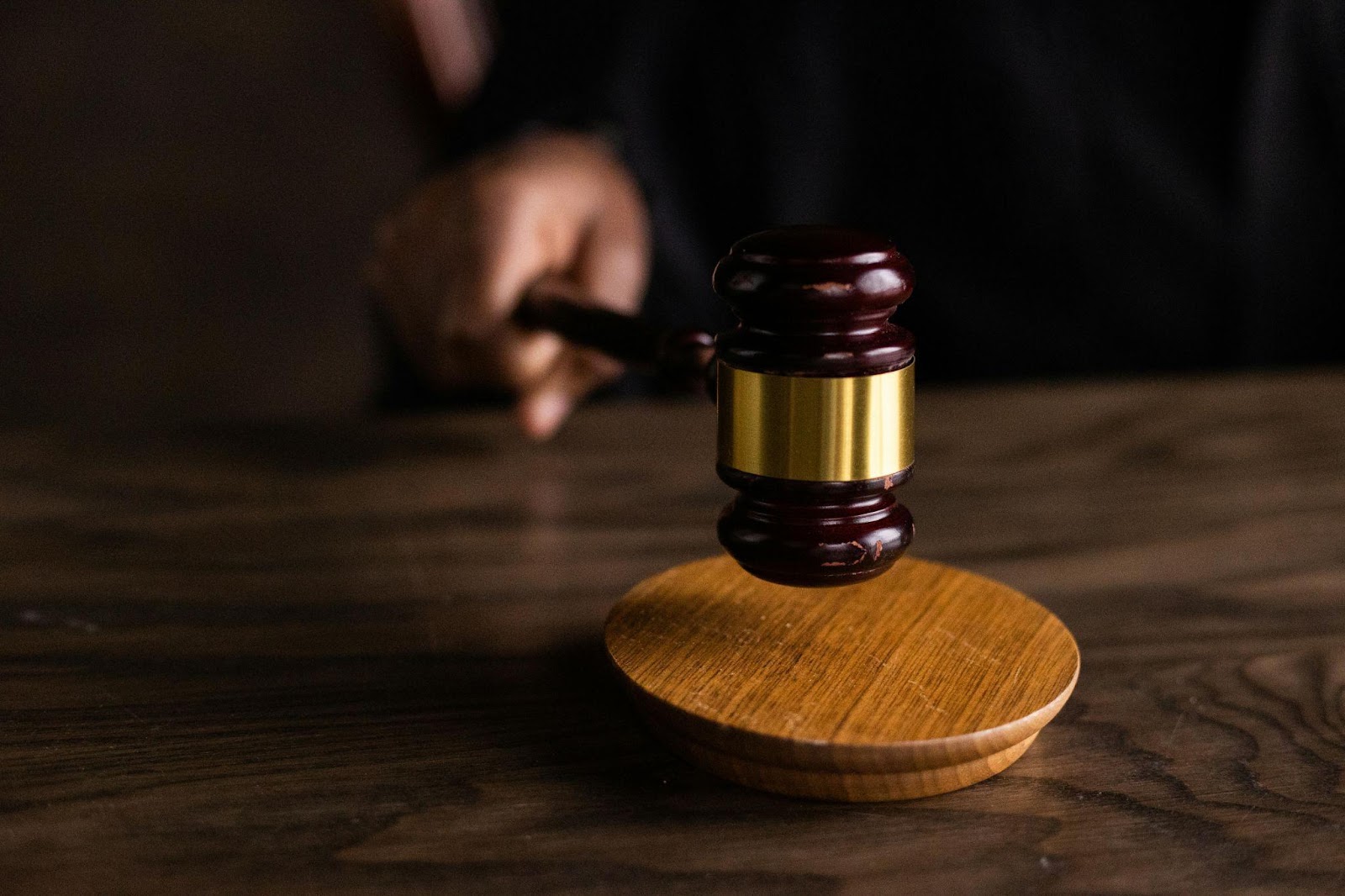
Fourteen out-of-state property owners secured a significant victory on October 3, 2025, when the Alabama Supreme Court partially reversed a lower court’s dismissal of their challenge to Tuscaloosa’s controversial business-license fee targeting large student housing developments.
The decision breathes new life into claims that the city’s ordinance, which triples taxes on student-oriented housing with more than 200 bedrooms, violates constitutional equal protection guarantees.
The Ordinance Under Fire
In September 2021, Tuscaloosa adopted City Ordinance No. 9112, dramatically increasing business-license fees for certain student housing properties.
While most rental properties pay a 1% fee on rents received, the ordinance imposed a 3% fee on student-oriented housing developments (SOHDs) with more than 200 bedrooms, effective April 1, 2022.
The city justified the 300% increase by claiming these larger developments “impose increased burdens on the City’s infrastructure and have required and may in the future require a disproportionate provision of public services to maintain public health and safety.”
However, the ordinance’s definition of student housing raises eyebrows with its broad discretion:
- Buildings containing bedrooms for college students.
- Individually rented bedrooms with private bathrooms.
- Common areas with shared kitchens.
- Various subjective factors, including marketing, location, and amenities.
The definition explicitly states these characteristics “are not exhaustive, nor does the absence of one or more of the defining characteristics preclude a finding that the development is a student-oriented housing development.”

Out-of-State Owners Cry Foul
The fourteen taxpayers—including entities like Campus Crest at Tuscaloosa LLC, University House Tuscaloosa LLC, and Vesper Tuscaloosa LLC—filed suit in May 2024, alleging the ordinance specifically targets out-of-state property owners.
Their complaint highlighted a revealing statement from City Council member Lee Busby during the ordinance’s passage, who noted that “large out-of-state developers” were the primary owners of complexes with over 200 bedrooms.
The property owners raised several pointed allegations:
- The 200-bedroom threshold arbitrarily ensures only out-of-state companies face triple taxation.
- Large apartment complexes serving non-students pay only 1% regardless of size.
- Student housing with 1-200 bedrooms pays only 1% despite similar impacts.
- The classification scheme lacks any rational relationship to public service burdens.
As the complaint stated, “The Ordinance, on its face and as applied, is unreasonable, unnecessary, and arbitrary.
[The City] has no legitimate or substantial interest in singling out, regulating, and infringing on out-of-state property owners whose [SOHDs] contain 200 or more bedrooms, while exempting all other owners of multifamily developments from the treble tax.”
Supreme Court Weighs In
The Tuscaloosa Circuit Court initially granted the city’s motion to dismiss all claims under Rule 12(b)(6), effectively ending the case before any factual development could occur.
However, the Alabama Supreme Court, in an opinion by Justice Sellers, found this dismissal premature—at least for the equal protection claim.
The high court emphasized the procedural posture of the case, noting that at the motion to dismiss stage, all factual allegations must be taken as true and viewed in the light most favorable to the plaintiffs.
The court recognized that while ordinances enjoy a presumption of validity, property owners shouldn’t be required to negate every conceivable rational basis in their initial complaint.
Key aspects of the Supreme Court’s analysis included:
- Acknowledging the burden ultimately falls on challengers to prove no rational basis exists.
- Recognizing plaintiffs deserve their day in court to develop facts through discovery.
- Finding the complaint’s allegations sufficient to survive dismissal if proven true.
The court particularly focused on the seeming arbitrariness of the 200-bedroom threshold and the differential treatment between student housing and similarly sized non-student complexes.

Constitutional Questions Remain
While allowing the equal protection claim to proceed, the Supreme Court’s decision leaves several constitutional issues unresolved.
The property owners also challenged the ordinance on due process grounds, alleging it’s unconstitutionally vague, and under the dormant Commerce Clause for discriminating against interstate commerce.
The vagueness challenge centers on the ordinance’s broad definition of student housing, which gives city officials nearly unlimited discretion to designate properties as SOHDs.
The complaint suggests this vague standard “authorizes or even encourages arbitrary and discriminatory enforcement,” potentially violating due process requirements that laws provide clear notice of what conduct they regulate.
The dormant Commerce Clause claim, while not extensively discussed in the Supreme Court opinion, raises questions about whether Tuscaloosa’s ordinance impermissibly burdens interstate commerce by targeting out-of-state property owners—a claim that could have significant implications if proven.
What Happens Next
With the case remanded to the trial court, the property owners can now pursue discovery to uncover evidence supporting their claims.
They’ll need to demonstrate that no rational basis exists for tripling taxes on student housing over 200 bedrooms while leaving all other rental properties—including large non-student complexes—at the 1% rate.
The case highlights ongoing tensions between college towns seeking revenue from student housing impacts and property rights of developers who argue they’re being unfairly targeted.
As universities grow and student housing becomes increasingly institutionalized, more cities may attempt similar ordinances, making this case a potential bellwether for the industry.
For Tuscaloosa, the stakes involve not just the challenged ordinance but also the millions in additional revenue it generates from the affected properties. For the property owners, success could mean not only prospective relief but also potential refunds of taxes collected since April 2022.
Navigating Property Tax Disputes
When local governments impose discriminatory taxes or arbitrary classifications on property owners, constitutional protections provide important safeguards against governmental overreach.
Understanding these protections and effectively challenging unfair ordinances requires experienced legal guidance through complex procedural and substantive requirements.
Our experienced attorneys here at Baxley Maniscalco understand the intersection of property rights, constitutional law, and local government authority.
Whether facing unfair tax assessments, discriminatory ordinances, or other property-related disputes, we help clients protect their interests through strategic litigation and thorough legal analysis.
If you’re dealing with governmental actions affecting your property rights or need assistance with property tax issues, contact Baxley Maniscalco at (256) 770-7232 to discuss your legal options and develop an effective strategy for protecting your interests.
Can't find what you're looking for? Search our site below.










